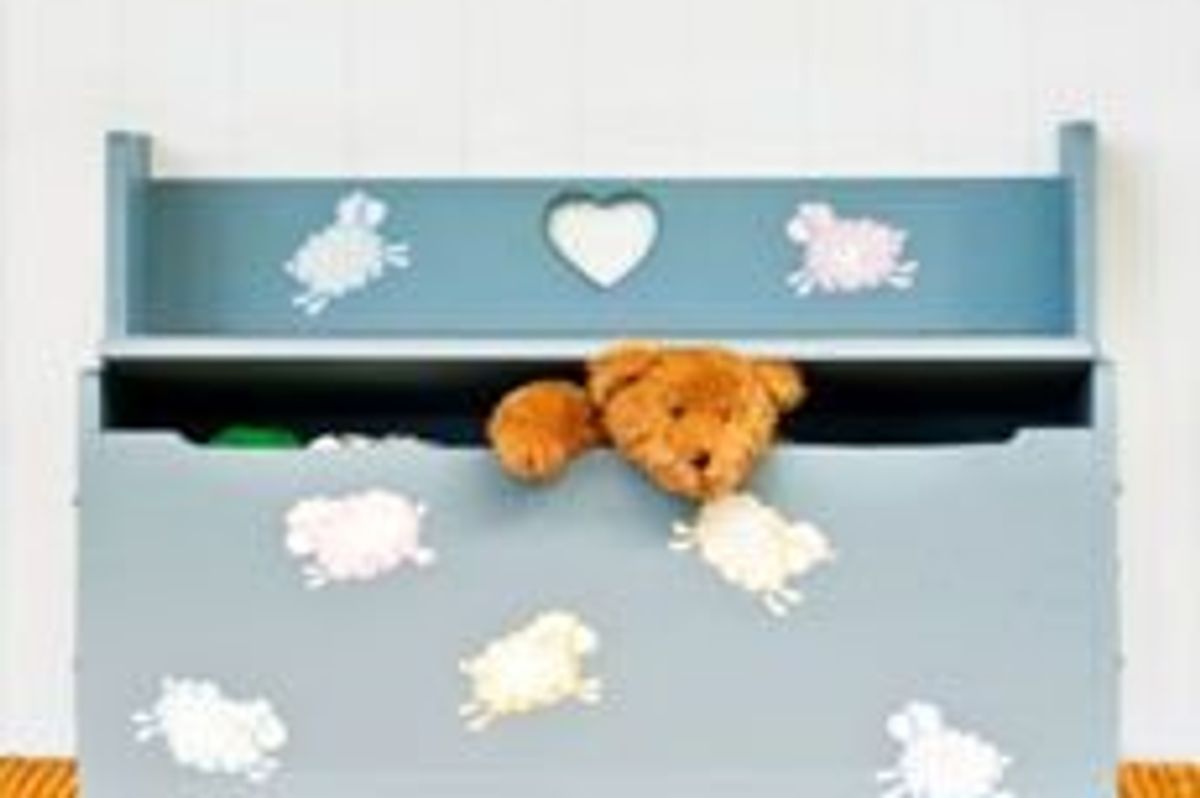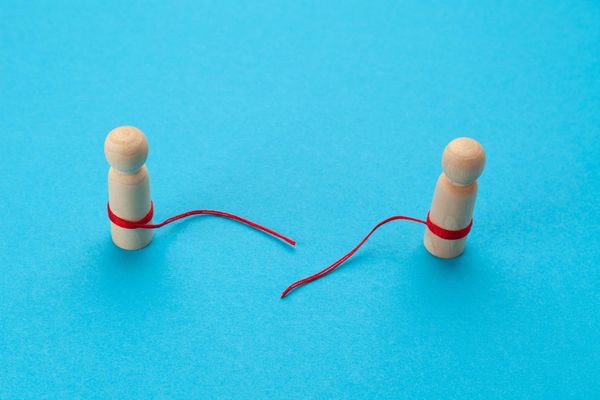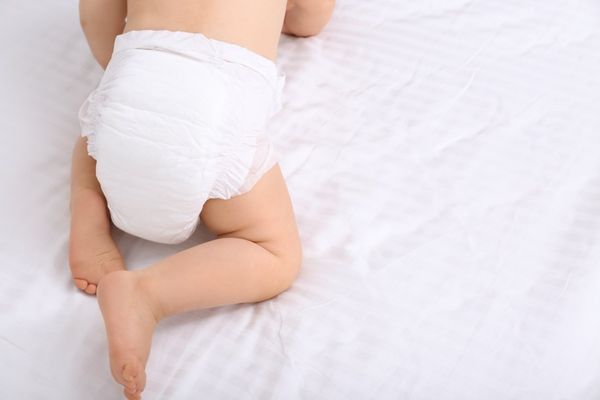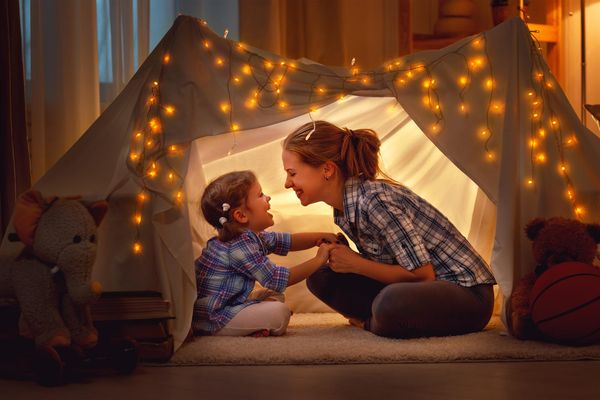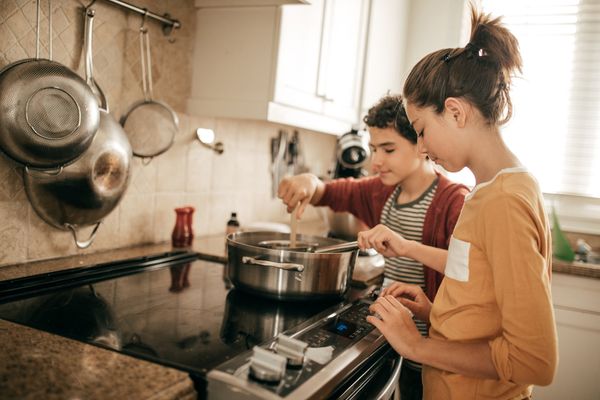I live in a relatively small apartment so if I go one day without picking up after my toddler, my apartment becomes a total disaster. The flip side is that living in a small space demands that everything has its place, which makes cleaning up quick and easy. Books go in bookshelves; crayons, paper and googly eyes go in the craft bin; balls in the ball basket; and now that my son has more "stuff" than my husband and me combined, the million toy trains, cars and other miscellaneous items go in a toy chest.
If you're at that stage where you're surrounded by toys and need a place to put them all, a toy chest may be the answer. Before you buy one, however, you should know that they can pose real safety hazards—the lid could fall on tiny fingers or, worse, the chest could trap a child inside, if used improperly.
To help you select the safest option for you and your family, the American Academy of Pediatrics offers these five suggestions when you're choosing a toy chest:
1. Select a chest that doesn't have a top or uses sliding panels.
2. If the chest does have a lid, make sure it can be removed and is lightweight.
3. A chest with a hinged lid should have a support that prevents it from closing at any angle.
4. Choose a chest with rounded or padded edges.
5. Make sure the chest has holes for ventilation in case your child climbs inside, and that the lid doesn't latch closed.
